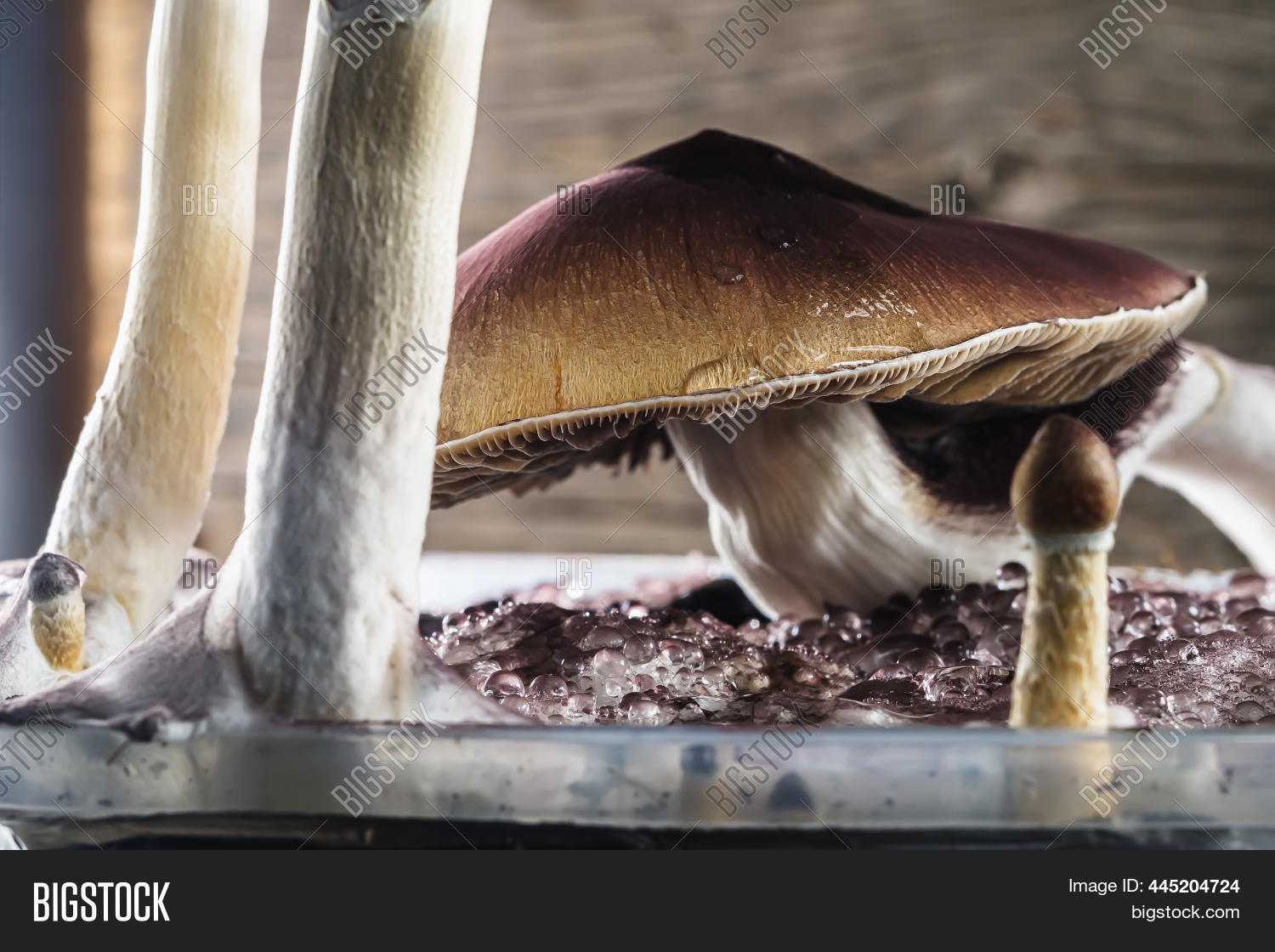When I first introduced what eventually became Pennsylvania’s medical marijuana law in the Senate, I struggled to find a single co-sponsor. The issue was controversial, not well understood, and my bill was considered extremely unlikely to pass. The Pennsylvania legislature is not typically in the vanguard of social change. Fast-forward a couple of years, and […]

